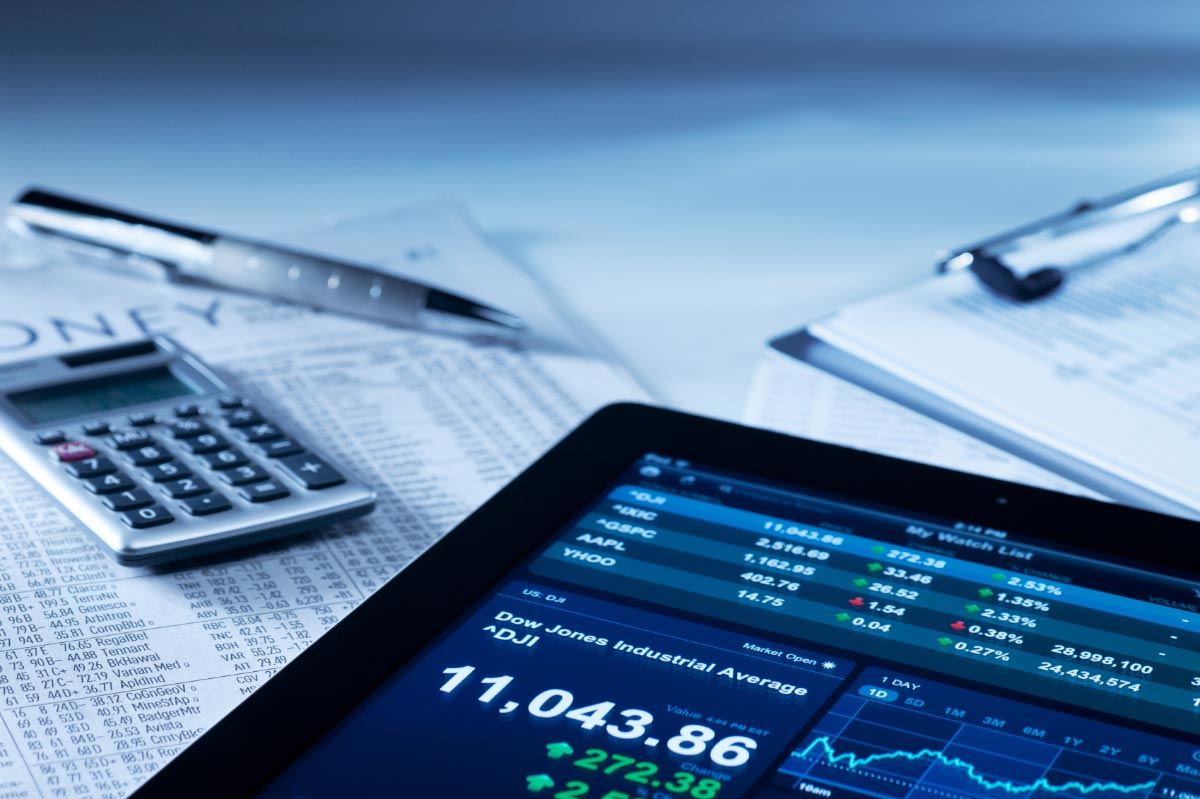China currency war fears causing collapse in U.S. stock market
08/21/2015 / By Carol Young

Americans and people all over the world are still traumatized from the 2007 and 2008 crash that altered world economies. In many ways, we are still recovering from that crisis and countless people and regions worldwide are still recovering. Think Greece, and Brazil; these countries have never fully recovered. So when the headlines today are sounding the alarm about U.S. stock markets taking a plunge, people everywhere are bracing themselves for the worst possible scenario. Can we really weather another 2008 crash?
CNBC reports:
“Right now there is a feeling of fear in the marketplace and all news is interpreted negatively and it’s interpreted indiscriminately,” said Tom Digenan, head of U.S. equities as UBS Global Asset Management. …
“I think uncertainty about China (and) general negativity is weighing on the market. There’s a lack of positive economic news to motivate buyers,” said David Kelly, chief global strategist at JPMorgan Funds. He noted “there’s nothing particularly negative in the U.S. economic outlook.”[1]
Despite Kelly’s optimism, the DOW today is down almost 360 points.[2] (Remember, CNBC is the same media outlet that advised people to take out subprime car loans to invest in the stock market.[3] That’s right: They preyed on poor people looking for financial advice, telling them to take on a huge burden of debt that would be difficult or impossible to pay off in a risky gamble in order to bolster the subprime auto loan bubble.)
Markets worldwide are falling. It’s difficult to tell what will happen next as oil prices plunge, and the DOW seems to be going down by the minute.
As Natural News‘s Mike Adams reported, the devaluation of the yuan was a critical, strategic move to put the U.S., in their debt-ridden state, in an incredibly vulnerable position:
The recent 1.9% devaluation of the Yuan (followed by two additional devaluations totaling over 4%) was merely a small tactical move in a much larger battle… a battle in which China is holding all the cards and most of the gold. By devaluing the Yuan, China is destroying the economic foundation of America’s manufacturing industry, creating widespread bankruptcies and unemployment across the USA (which is heavily dependent on imports from China for its mass consumerism society).
With what is currently happening in the market, Mike Adams now believes that what has been running on empty for so long, is now finally coming to a head. Today, Mike said:
We are now witnessing the first rumblings of what I believe will ultimately cascade into a runaway market freefall. Our world has been running on debt and delusion for so long that people have begun to think this is the norm, but the laws of economics prove it isn’t. All debts eventually come due. All fiat currencies eventually fail. All nations running on socialist entitlements eventually run out of money. These are immutable laws of reality that our modern world is sadly going to have to learn through catastrophe.
European markets have also plunged 3% and today faced severe selling as a sharp drop in oil prices has spooked traders.[4] The European FTSEurofirst 300 closed down 3%, making its worst single day fall since October 2014.[5]
China is imploding along with all the commodities. The leading indicators are suggesting a slowdown in the U.S. on the eve of a rate liftoff by the Federal Reserve. The question is, how far will it fall? Keep informed of all market trends at MarketCrash.news, powered by FETCH.news.
Oil now below $40 a barrel for the first time since 2009
Since June of this year, oil prices have gone down 35%, and an oversupply has pushed prices into a bear market, all while the Saudis continue to try to oil production in competing countries. At the same time, the Saudis fear that Iran may emerge as a major power in the Middle East again as the U.S. has now ostensibly “switched sides.”[6]
“It’s clear that the major producers, the Saudis, Russians, the U.S. and others, are battling for market share,” John Kilduff, a partner at Again Capital LLC, a New York-based hedge fund, said to Bloomberg News.[7]
China isn’t the only problem
Russell Napier warned the Swiss publication Finanz und Wirtschaft that a default in Turkey may lead to additional serious problems worldwide:
I have learnt from history that it is very hard working out what the trigger is. In 2008, it was the collapse of Lehman Brothers that triggered a credit crunch. Now it could be a major event in Turkey or a default of the Brazilian oil company Petrobras or some event in Malaysia. But if I have to pick one I would say it is Turkey introducing capital controls. Such controls will mean that Turkey will not pay back principals amounting to 400 Bio. $ and the interests on it.[8]
Sources:
(1) CNBC.com
(2) USAToday.com
(3) NaturalNews.com
(4) CNBC.com
(5) Data.CNBC.com
(6) Telegraph.co.uk
(7) Bloomberg.com
(8) FuW.ch
Tagged Under: China, currency war, economic collapse, financial system, stock market, United States




















